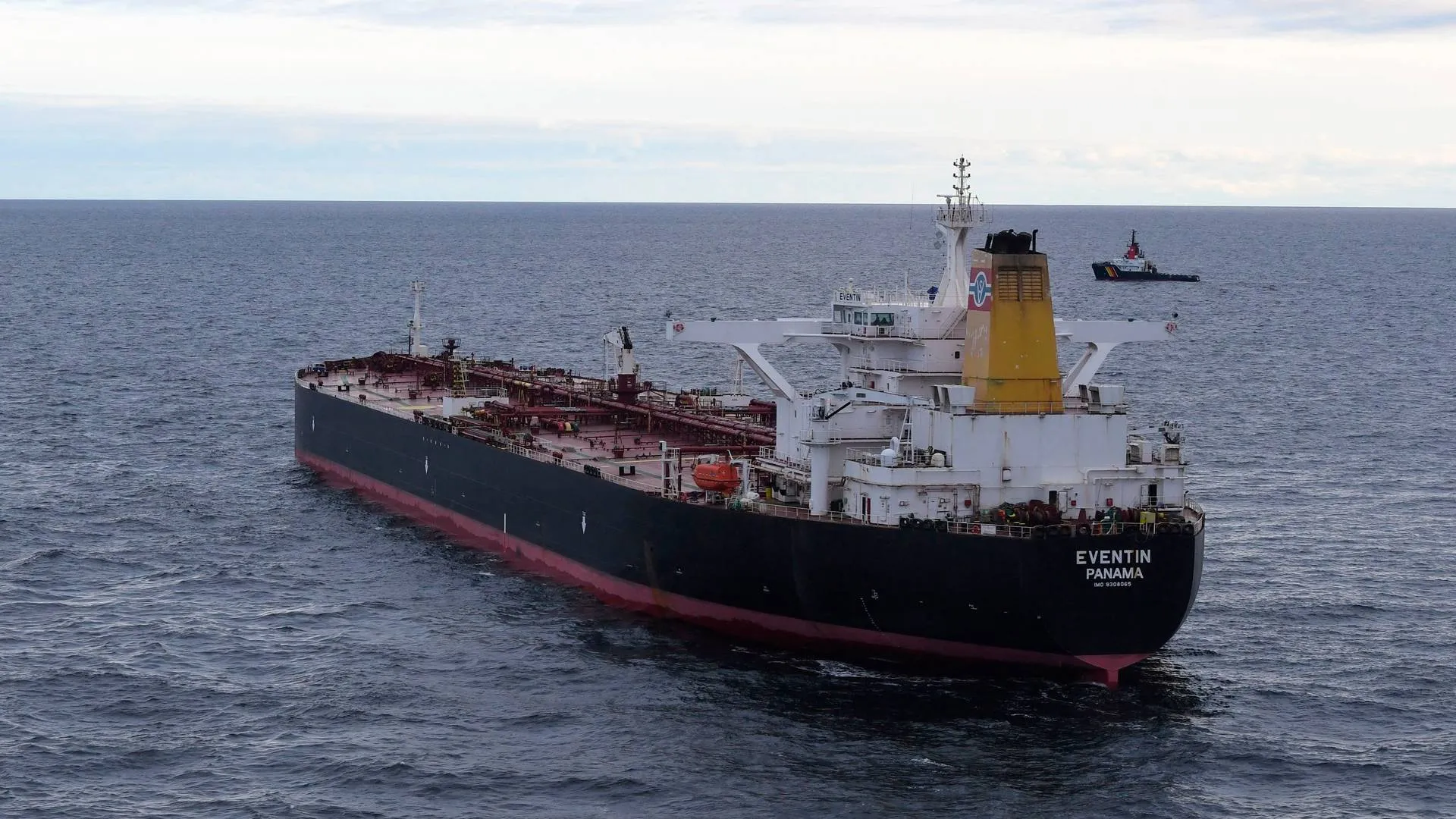Germany – September 11, 2025 – In a groundbreaking move that cements their shared vision for a greener maritime future, Hapag-Lloyd and Shell Western LNG B.V. (Shell) have signed a multi-year agreement for the supply of liquefied biomethane (Bio-LNG)—marking a significant milestone in the global transition toward sustainable shipping fuels.
The agreement, which takes immediate effect, builds upon a strategic collaboration established in 2023 aimed at accelerating the decarbonization of alternative marine fuels. This long-term partnership signals a new era for low-carbon maritime energy, demonstrating how industry leaders can act decisively today using renewable solutions that are ready for deployment.
Biomethane, commonly referred to as Bio-LNG, is a renewable fuel derived from organic waste materials such as crop residues, livestock manure, and food waste. When upgraded from biogas and liquefied, it becomes a drop-in fuel that is fully compatible with Hapag-Lloyd’s existing LNG dual-fuel vessels—requiring no modifications to engines or onboard infrastructure.
This makes Bio-LNG a powerful bridge fuel in the transition to net-zero, offering immediate emissions reductions and long-term sustainability benefits.
“This agreement helps secure the fuel certainty and supply reliability we need to further expand the use of waste-based renewable fuels across our fleet – cutting emissions without compromising the quality and reliability our customers expect,” said Jan Christensen, Senior Director Global Fuel Purchasing at Hapag-Lloyd. “Collaborations like this demonstrate that true leadership in shipping means acting now – using lower-emission fuels already available today and not waiting for future solutions.”
Shell has ramped up its global Bio-LNG bunkering capabilities, now offering liquefied biomethane at 22 strategic port locations worldwide. These facilities form part of Shell’s broader LNG bunkering network, ensuring supply certainty and scalability for forward-looking shipping companies like Hapag-Lloyd.
“Bio-LNG is no longer a concept – it’s here, and it’s fueling the next chapter of shipping decarbonization,” said Dexter Belmar, Shell’s Vice President Global Downstream LNG. “These long-term deals help build the confidence needed to scale renewable fuels.”
The Bio-LNG supplied to Hapag-Lloyd under this agreement is certified by ISCC EU (International Sustainability and Carbon Certification). This globally recognized certification ensures:
This certification guarantees that the fuel meets the highest environmental and ethical standards, reinforcing the integrity of Hapag-Lloyd’s and Shell’s sustainability claims.
One of the unique aspects of biomethane distribution is the mass balance approach:
This innovative supply model makes renewable fuel distribution feasible at scale, without requiring a completely new fuel logistics infrastructure.
This latest agreement strengthens Hapag-Lloyd’s commitment to achieving net-zero fleet operations by 2045, a cornerstone of the company’s sustainability strategy.
Bio-LNG will play a pivotal role in reducing the company’s fleet emissions, while also empowering customers to lower the carbon footprint of their supply chains.
It also aligns with Shell’s broader energy transition strategy, as the company continues to invest in renewables and low-carbon fuels to support global decarbonization across industries.
The multi-year liquefied biomethane deal between Shell and Hapag-Lloyd is more than just a fuel supply contract—it is a strategic alliance, a declaration of intent, and a blueprint for the shipping industry’s sustainable future. As regulatory pressure and climate commitments intensify, collaborations like this highlight that the tools for transformation are not in the distant future—they are already here.
Bunkering has entered a new chapter. The future is renewable, and it begins today.
Shell plc is incorporated in England and Wales, has its headquarters in London and is listed on the London, Amsterdam, and New York stock exchanges. Shell companies have operations in more than 70 countries and territories with businesses including oil and gas exploration and production; production and marketing of liquefied natural gas and gas to liquids; manufacturing, marketing and shipping of oil products and chemicals and renewable energy projects.
Shell Marine, a leading global supplier of marine fuels and lubricants, plays a vital role in enabling the maritime sector’s transition to cleaner energy. The company offers comprehensive LNG and low-carbon fuel solutions, leveraging its extensive global network, technical expertise, and innovation pipeline.
With 26 bunkering hubs, 12 dedicatedLNG bunker vessels, and more than 2,500 LNG operations completed, Shell Marine is a trusted partner for shipping companies aiming to decarbonise efficiently and effectively. The company is also actively exploring future fuels, including bio-LNG, synthetic e-methane, hydrogen, and ammonia, to support long-term climate goals.
With a fleet of 313 modern container ships and a total transport capacity of 2.5 million TEU, Hapag-Lloyd is one of the world’s leading liner shipping companies. In theLiner Shipping segment, the Company has around 14,000 employees and 400 offices in 140 countries. Hapag-Lloyd has a container capacity of 3.7 million TEU – including one of the largest and most modern fleets of reefer containers. A total of 133 liner services worldwide ensure fast and reliable connections between more than 600 ports on all the continents. Hapag-Lloyd also holds equity in 21 terminals in key global markets and maintains a leading position in refrigerated container transport.





